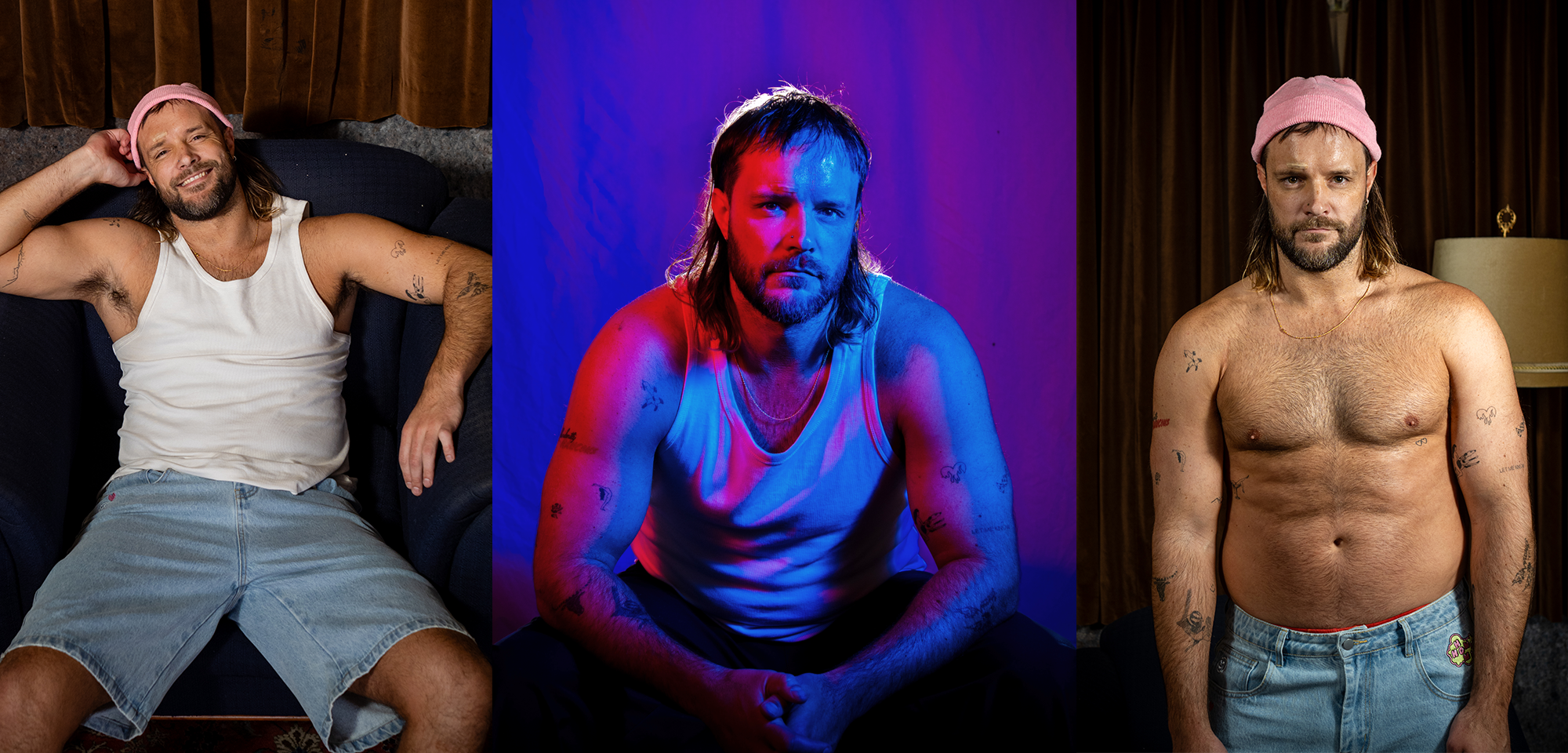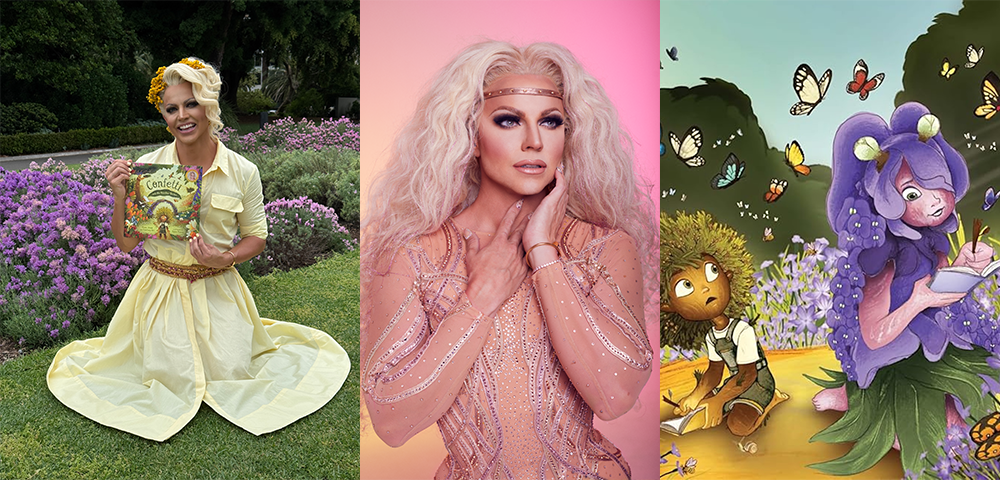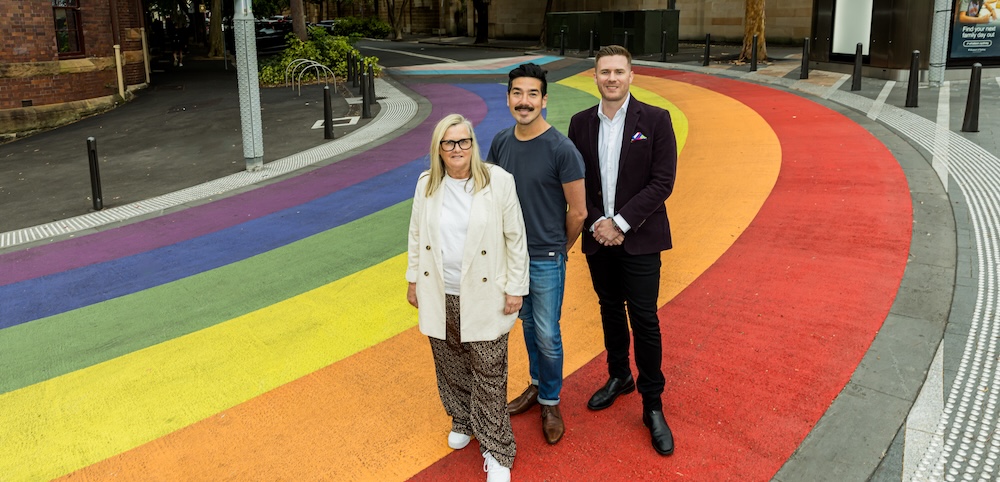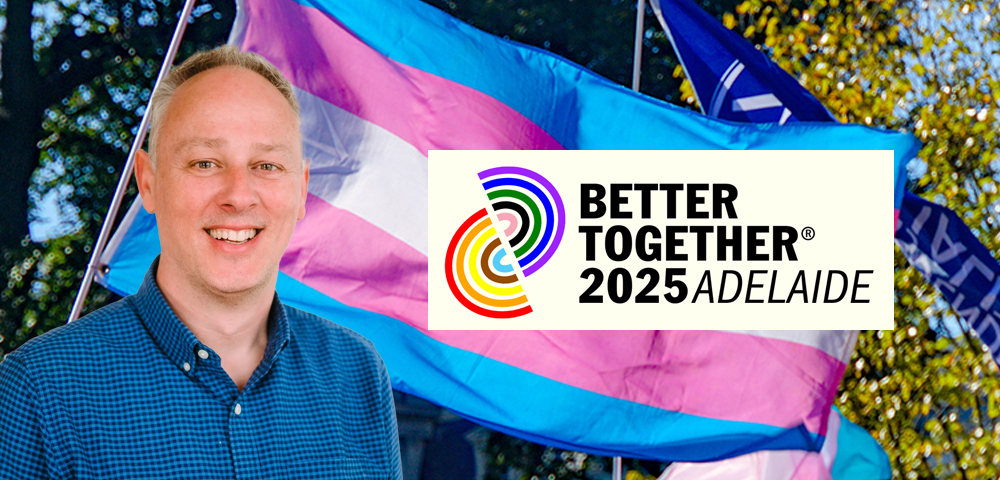
When cultures collide

 Growing up queer and dealing with coming out, relationships and health issues can be hard for anyone, but facing that along with the challenges of a specific cultural context with rules, expectations and traditions can seem almost impossible.
Growing up queer and dealing with coming out, relationships and health issues can be hard for anyone, but facing that along with the challenges of a specific cultural context with rules, expectations and traditions can seem almost impossible.
Melbourne’s queer multicultural groups have become a place for people to come together in safety, understanding and support. One of the city’s oldest groups is Greek and Gay, which started 18 years ago as a gay men’s support group and has since expanded into an LGBTI network for Melbourne’s Greek community.
Long-standing group member Louie Sakellaris told the Star Observer the group began when a few gay Greek men in Melbourne realised they needed to discuss their experiences with other Greeks.
“Part of the problem was we were suffering with internalised homophobia and weren’t really approaching and confronting our Greek media, and they didn’t know how to confront us,” he said.
“It’s the same way, in the [Greek] family, people just keep things bottled up.”
Sakellaris said a lot has changed since those early days, when issues like coming out and homophobia were a focus of discussion. With marriage equality now on the agenda, many gay people in the Greek community face the challenge of reconciling same-sex marriage with long-held marriage traditions.
One of the group’s significant achievements has been to change perceptions of LGBTI people within the Greek community.
“That’s what you’re dealing with when coming out, you’re dealing with the person you’re coming out to, and their perception of what a gay person is,” said Sakellaris.
While LGBTI Greeks are celebrating progress, for others change is slow. Gay Arab group Helem recently celebrated its first birthday. The group’s founder Adam, who didn’t want his last name published, originally tried to set up a similar group over ten years ago but faced problems, including abuse of group members. He said social media has made it much easier for people to approach the group and find people who have faced similar challenges.
“For people to build trust with you is not easy,” Adam told Star Observer.
“It doesn’t take you one month, sometimes it takes years. If you come into the group we don’t ask you too many questions, like what do you do, where do you live, how many in your family, are you out to your family—we leave it completely up to you.
“When you’re ready you can talk, and we’ll listen. We don’t judge, we just listen.”
Adam explained that Helem members often have very difficult relationships with their families.
“We see change in the people around you, like friends, and sometimes family members, but not the family themselves,” he said.
“For families it’s a big deal to be gay… Whatever religion, whether Christian or Muslim it doesn’t matter—no one accepts it.”
Despite these challenges, Adam has been amazed at the support for Helem from within Melbourne’s LGBTI community.
“Last Saturday we had a party and expected about 100-150 to turn up, and we got nearly 300 people, a very huge number,” he said.
“That makes you brave, and people’s understanding means there’s [no need to talk] about politics or religion.”
Helem has close ties with the Greek and Gay Network, who have helped the young organisation find its feet. Sakellaris said just as the challenges his group has faced have changed, he hopes things will get better for Helem.
“What were facing 18 years ago the Helem group might be facing that now,” he said.
“It might be a little bit harder for them, but in 20 years time they’re going to have it a lot easier. We’ve got quite a bit of experience dealing with different situations that at the time we just had to work out how to deal with, but we can hopefully pass that on.”









